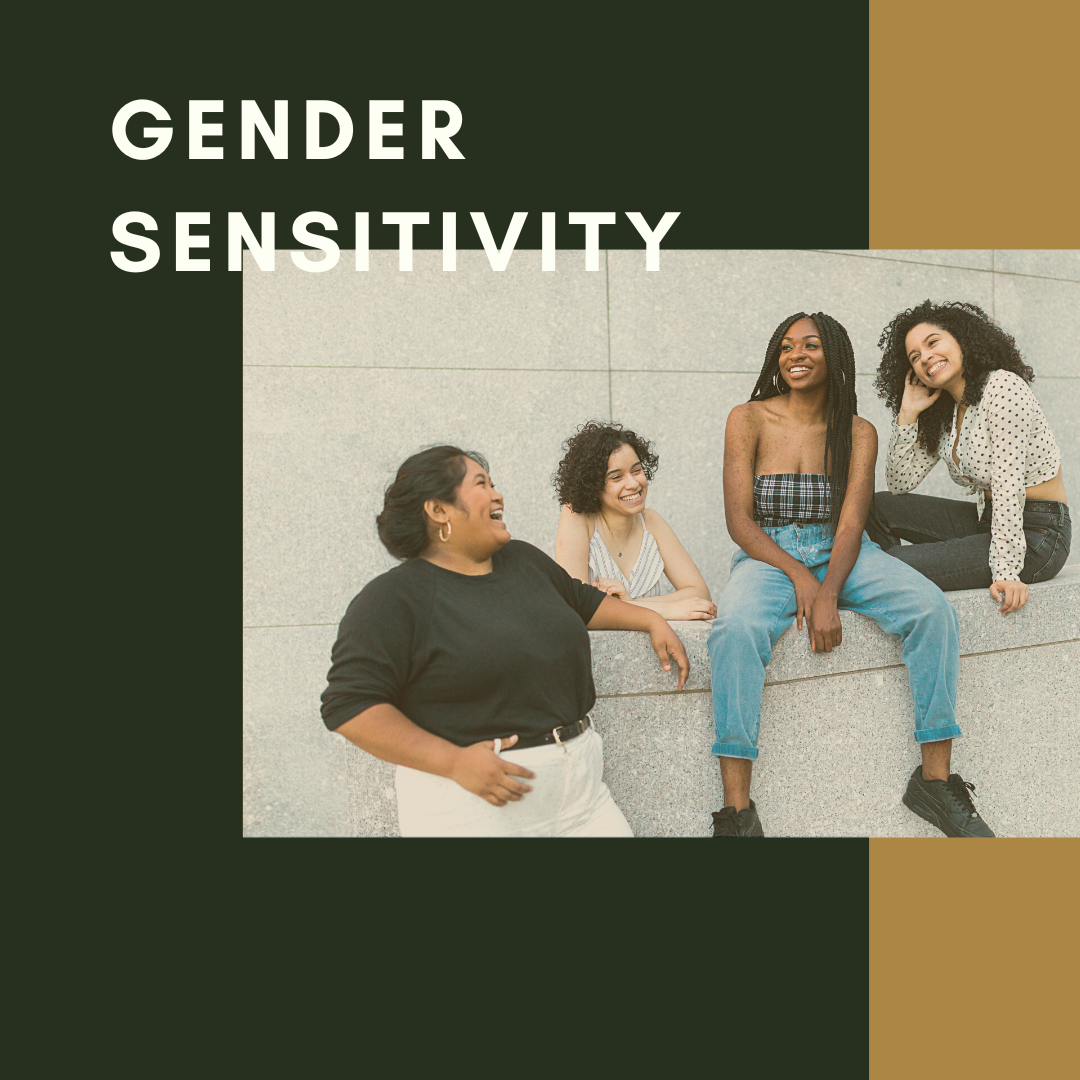In 2019, a 19-year old boy in Chennai lost his life to suicide, after being ridiculed for his homosexual identity. In a Facebook post, moments before his death, he penned down how he was harassed and belittled by others around him for behaving in an effeminate manner. Earlier this year, another such death of a school-going boy in Delhi NCR shriveled the hearts of many. While the onus here could be put on the school’s administrative and teaching staff for their negligence in such matters, what are we, as the educated youth of India, doing to prevent such incidents?
Although it may seem unfair that the responsibility of such issues must lie with the student-body, it is argued, in a research study published by the International Journal of Research in Humanities and Social Studies, that the peer group in a child’s social world holds much significance with regard to their gender identity and expression. When children start school, their peer group becomes apparent in their social lives, which further reinforces the members of the peer-group to exhibit identities or behaviors that are attuned to gender-specific roles and forms.
This reliance of a child on their peer-group, slowly penetrates into the child’s high-school journey as well. Here, a child’s mannerisms and clothes dictate how other children view them from a gendered lens. Beyond the stereotypical pinks and blues that are assigned to children early on through the clothes they are made to wear, specific patterns and styles during teenage years are recognised as an expression of gender identity. If the child does not conform to these standards, they are bullied and harassed for possessing an identity that is different from theirs. These peer groups are therefore critical for the development of how a child views themselves, and whether these differences are pleasant or detrimental.
In this case, it is crucial for students to educate themselves, and contribute to inclusive gendered spaces. To realize this, students can form peer-driven collectives that are sensitive to the differences of all. These peer-driven collectives could take the form of safe-space circles where students can share their stories, compulsory gender sensitivity workshops where you could take the help of professionals, or even a complaint committee to address gender-based grievances of the student body. Whatever the form or extent of the collective may be, the presence of such formal or informal institutions ensures spaces for safe discussions of all kinds, consequently ensuring children with diverse gender identities that they are cared for.
If these peer-driven spaces could be transformed from divisive groups to inclusive and sensitive circles, it could aid in the curtailment of such incidents where students, who dress and behave in gender non-conforming ways, face acute harassment and battle emotional isolation on a daily basis. We, as an educated youth, can bring on this change through peer-driven collectives that are sensitive, mindful, and conscious of diversity.







